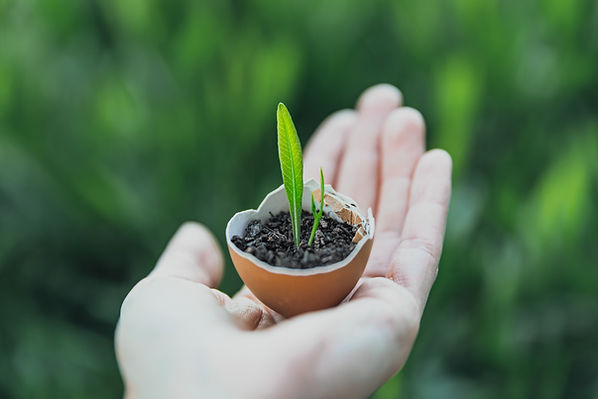Our Mission
Enabling a Circular Economy
Renewable energy derived from waste offers an ideal solution to two significant challenges our world is confronting: the growing waste pile and the ongoing energy crisis.

Waste-to-Energy Plants
Our mission is to create truly closed-loop economies that benefit communities, industries, and the environment. By harnessing organic waste streams, we’re developing waste-to-energy solutions that generate clean, renewable energy, support local businesses, and foster sustainable practices.


Advanced A.D.
Our projects actively contribute to the circular economy, where resources are continually cycled rather than discarded, and waste becomes a valuable asset. We achieve this through innovative technologies like Anaerobic Digestion (AD), which efficiently converts organic waste into biogas and nutrient-rich fertilisers. Anaerobic digestion transforms a range of organic waste streams—from agricultural byproducts to municipal food waste—into renewable biogas. This process diverts waste from landfills, reducing greenhouse gas emissions and generating sustainable energy. By processing local waste, we create a dependable, environmentally-friendly energy source that directly benefits surrounding communities.
Renewable Energy Production
The biogas produced through anaerobic digestion is a flexible form of renewable energy that can be used in various ways:
-
Biomethane: Upgraded and injected into natural gas grids for broader energy access.
-
Electricity and Heat: Used in combined heat and power (CHP) units to supply homes, businesses, and industry.
-
Vehicle Fuel: Converted to a sustainable fuel alternative for transport, contributing to decarbonizing mobility.
By producing clean, storable energy, AD complements other renewable sources like wind and solar, providing energy stability and reliability.


Nutrient Recycling and Soil Health
A byproduct of anaerobic digestion is digestate, a nutrient-rich organic fertiliser that closes the nutrient loop:
-
Replaces synthetic fertilisers derived from fossil fuels, reducing agricultural carbon footprints.
-
Replenishes soil nutrients and promotes carbon sequestration, improving long-term soil health.
-
Reduces farmers' input costs while enhancing crop yields and sustainability.
Economic and Social Impact
Our projects support economic growth by creating new income streams and jobs, particularly in rural and farming areas:
-
Farmers and local businesses benefit from reduced waste disposal costs and increased revenue from feedstock supply.
-
New jobs are created in renewable energy production and facility operations.
-
Our partnerships with local authorities and commercial sectors help build resilient, sustainable communities.


Environmental Benefits
Our innovative tech stack reduces environmental pollution and contributes to a low-carbon future by:
-
Preventing methane emissions that would otherwise arise from decomposing organic waste in landfills.
-
Reducing CO₂ emissions by replacing fossil fuels with renewable alternatives.
-
Limiting nutrient runoff and water pollution from waste, contributing to healthier ecosystems.
Our Commitment to a Sustainable Future
Utopia Future Green is dedicated to driving the UK’s green transition by turning waste into a resource. By maximising renewable energy production and recycling valuable byproducts, we’re establishing facilities that promote sustainable waste management, boost local economies, and reduce carbon emissions. Our projects close resource loops, minimise waste, and create lasting value, paving the way for a greener, more resilient future.
